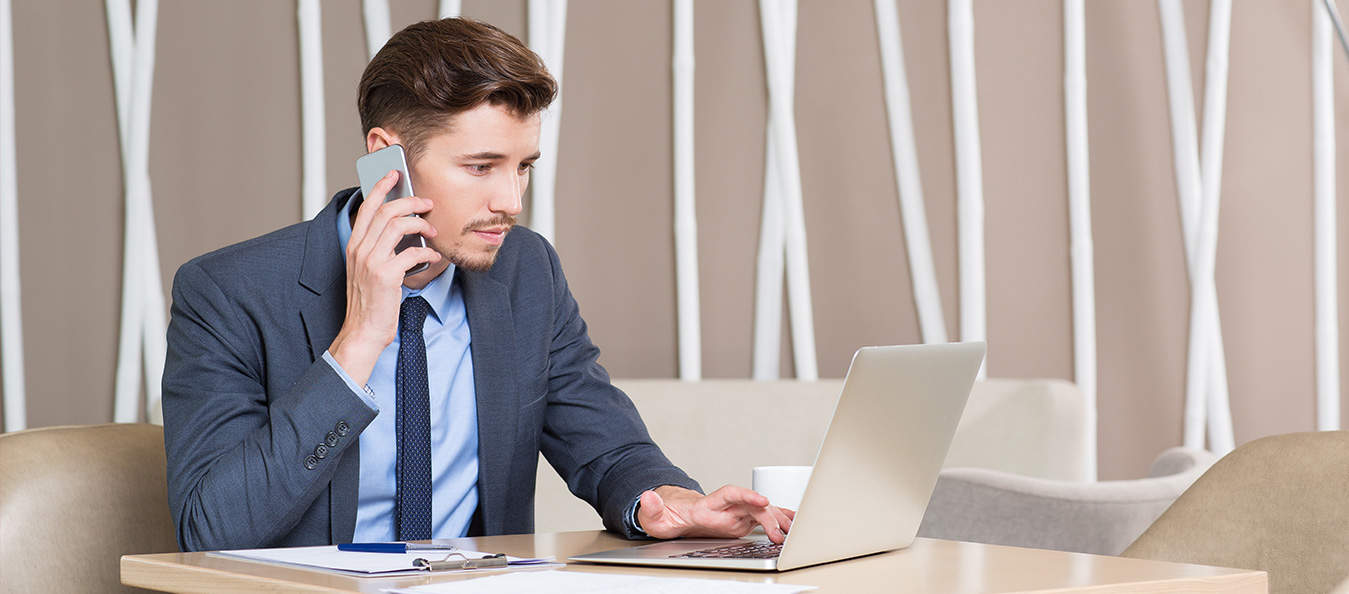
Get ready by being clear on your message. Know what it is you want to say. Have three to five points to make regardless of what you are asked. Learn by watching politicians. They are masters at diverting questions back to their agenda.
Imagine this. You return to your office following lunch and find Katie Couric and her camera crew waiting for you. She smiles politely and says she has a few questions to ask you. Your first thought is “How fast can I get out of here?”
Television interviews, whether filmed on the spot or in a studio, can be intimidating. However, with a bit of preparation and know-how, going before the camera can be an effective way to promote yourself and your business. Many of these tips will work when you are interviewed for radio shows, websites, blogs and newspapers.
Get ready by being clear on your message. Know what it is you want to say. Have three to five points to make regardless of what you are asked. Learn by watching politicians. They are masters at diverting questions back to their agenda.
Provide the interviewer with a list of your key points. Some reporters will even use those in a visual to reinforce your message. This step assures that you control the interview.
Gauge the length of your answers. This is not the time for a simple “yes,” “no,” or “maybe.” Nor is it the occasion to tell your entire life story. The interviewer wants you to expand on the question, but not go on ad nauseum.
Don’t hesitate to admit that you don’t know the answer to a question. Making up a response without factual information will come back to haunt you.
Know the audience. If you have enough notice, inquire about the demographics of the viewers. You might be surprised at what you learn and it will definitely affect how you deliver your message.
Dress for the interview with your goal to look as professional as possible. Viewers may not take you seriously when you show up in your casual attire unless you are being interviewed onsite for Habitat for Humanity. Choose appropriate business dress, avoiding big patterns and excessive accessories. Unless you are conducting a fashion show, you want the viewers to remember you and your message, not what you were wearing.
Look at the interviewer, not the camera. You will come across as relaxed and the exchange will be more conversational.
Maintain your professional demeanor at all times even when you think the camera is not on you. You don’t want to get caught wearing the wrong facial expression or using inappropriate body language.
Listen to the entire question. If you jump in before the interviewer has finished his query, not only are you being rude, you could also embarrass yourself with an answer that doesn’t make sense. After all, this isn’t Jeopardy.
Be enthusiastic about your subject. You can’t expect the audience to be interested in what you have to say if you are not.
Following the interview, write a thank you by hand to the reporter. Since the handwritten note might as well be on the endangered species list, your extra effort will help you be remembered the next time an energetic expert guest is needed.
About the author
Lydia Ramsey
Lydia Ramsey helps people promote themselves and grow their business by showing them how…
Get FREE Sales Training Delivered to Your Inbox
Join more than 360,000 professionals who get our weekly newsletter.
Related Articles
No Related Articles

Learn Online
Self-paced courses from the
world's top sales experts

Virtual Training
Live, interactive instruction in small
groups with master trainers

Coaching
One-to-one personalized coaching
focused on your unique situation

